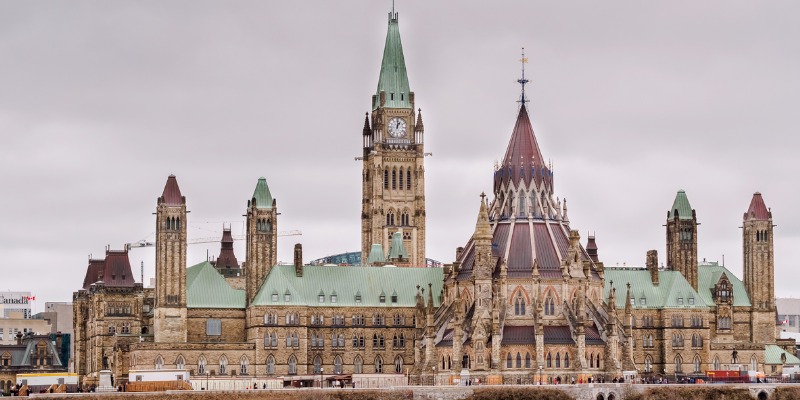Premiers meet prime minister under cloud of dysfunctional federalism

As the premiers today meet with the prime minister to discuss heath-care funding, dysfunction looms large over Canadian federalism. Sometimes it’s partisanship like when Prime Minister Trudeau snubbed Saskatchewan Premier Scott Moe on a recent swing through the province during his battery supply chain tour.
In other cases, there are policy encroachments. For example, after Premier Doug Ford announced plans to develop part of Ontario’s Greenbelt to alleviate the housing shortage in Toronto, federal Environment Minister Steven Guilbeault threatened to use federal “species at-risk” legislation to stop the development. Of course, the federal government has no jurisdiction to oppose land development in the province, but that didn’t stop Guilbeault.
At the same time, the federal government has failed to adequately provide services to Canadians within its own jurisdiction. Those seeking to travel after two years of pandemic restrictions first faced delays in getting passports. And because the Trudeau government hadn’t changed pandemic requirements that designated only four airports for international travel (Vancouver, Toronto, Montreal and Calgary), airports last summer were clogged with passengers, lost luggage and flight cancellations.
Ostensibly, these airport hubs were meant to ensure that travellers adhered to quarantine rules, and at the height of the pandemic Ottawa insisted that passengers quarantine at specified hotels, spurring reports of poor-quality food and unsafe conditions. And now we have the price tag. Thanks to Calgary MP Michelle Rempel Garner’s official request for information, we know the Trudeau government spent $28.4 million on hotel accommodation for 1,490 passengers at just one of those airports (Calgary) during the three years of the pandemic. This amounts to about $18,016 per passenger.
In fact, this contract remained in place months after most travel restrictions were lifted and when no one was staying at the hotel. In December 2021, 281 travellers were required to stay in Calgary’s quarantine hotel. By the next month, that number dropped to two and remained very low until the contract was finally cancelled in October 2022. Indeed, during 2022, only 15 people were forced to stay at the Calgary hotel for a cost of $6.7 million. You might think the government had some long-term contract it had to honour, but you would be wrong. It was only obligated to provide the hotel 30 days notice, so it could have cancelled the contract much earlier.
Consistent with overspending during the pandemic, the federal government has a long history of overpromising and underdelivering on program promises. Over the past few years, Ottawa has failed to spend money it has promised to multiple departments. A decade ago, Stephen Harper was accused of deficit-cutting by stealth for not spending $10 billion of promised funds, also known as lapsed spending. Prior to the pandemic, in 2019-20 the Trudeau government had $14 billion in lapsed spending. This increased to $32.2 billion in 2020-21 and $38.2 billion this past fiscal year. The most recent shortfalls were in procurement of new military equipment, affordable housing and support for veterans.
Despite these examples, the Trudeau government continues to claim that it knows best, even when dealing with areas outside its jurisdiction. Which takes us back to Tuesday’s meeting with the premiers on health-care transfers. Apparently, Ottawa is once again attaching conditions (tracking health-care performance and outcomes, data sharing within the medical services, etc.) to funding increases. Of course, federal health-care funding already includes numerous conditions, with penalties for the provinces if they're violated. Consequently, the current arrangement discourages innovation and differs with most other universal systems, which consistently outperform our system on global rankings.
And yet, according to the federal government’s own website, the provinces should “focus on accountability to the public, rather than to other levels of governments” because “governments are accountable directly to their residents for their spending in their areas of responsibility.”
If only the federal government would read its own declarations, federalism might have a chance.

